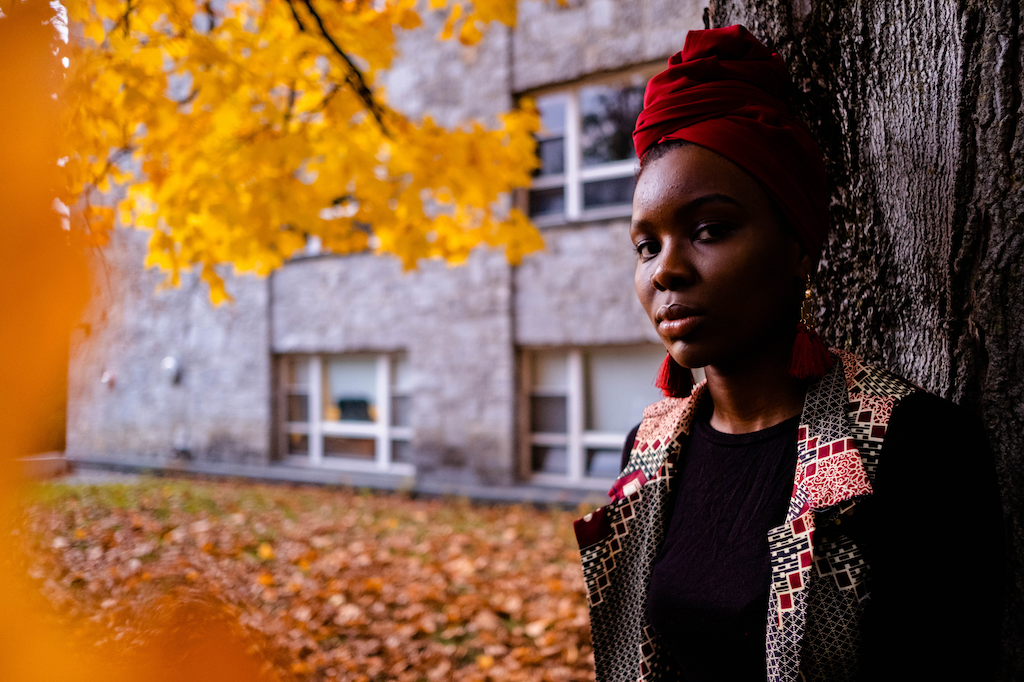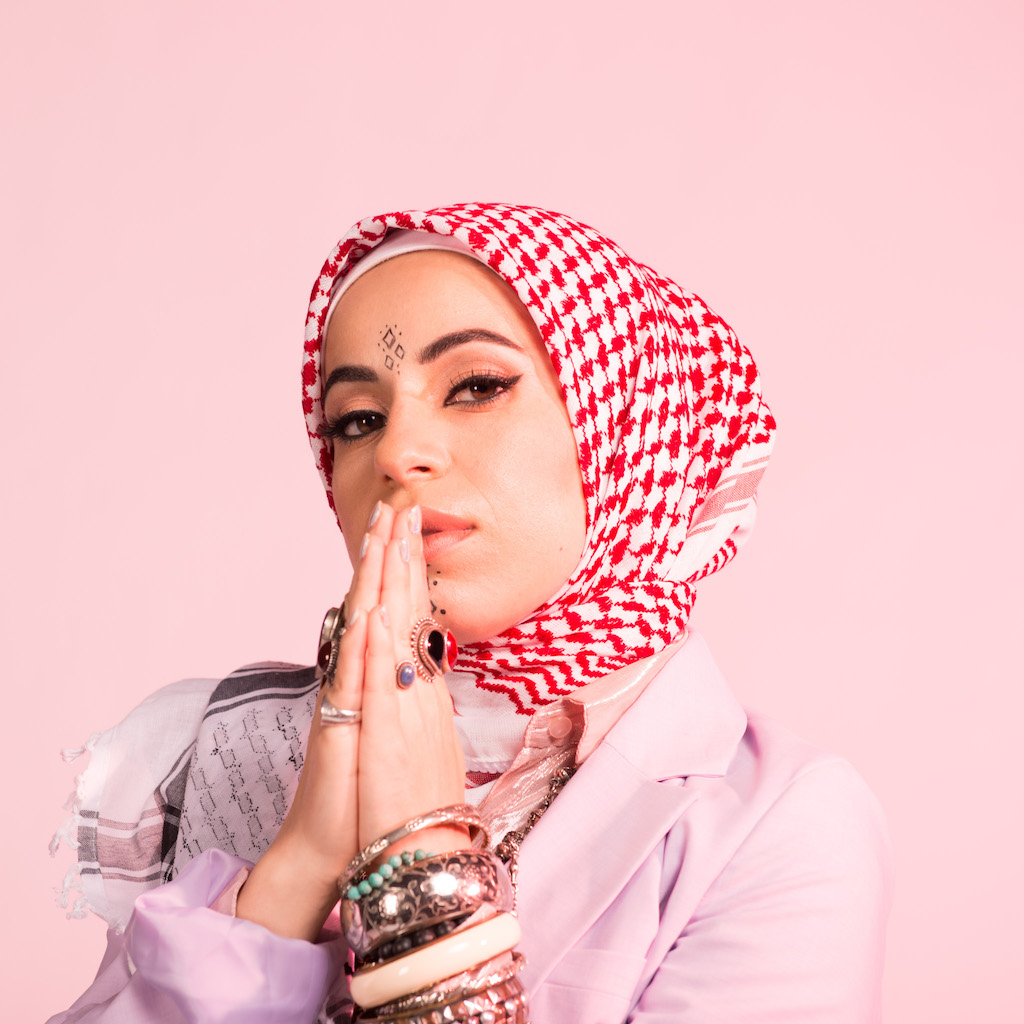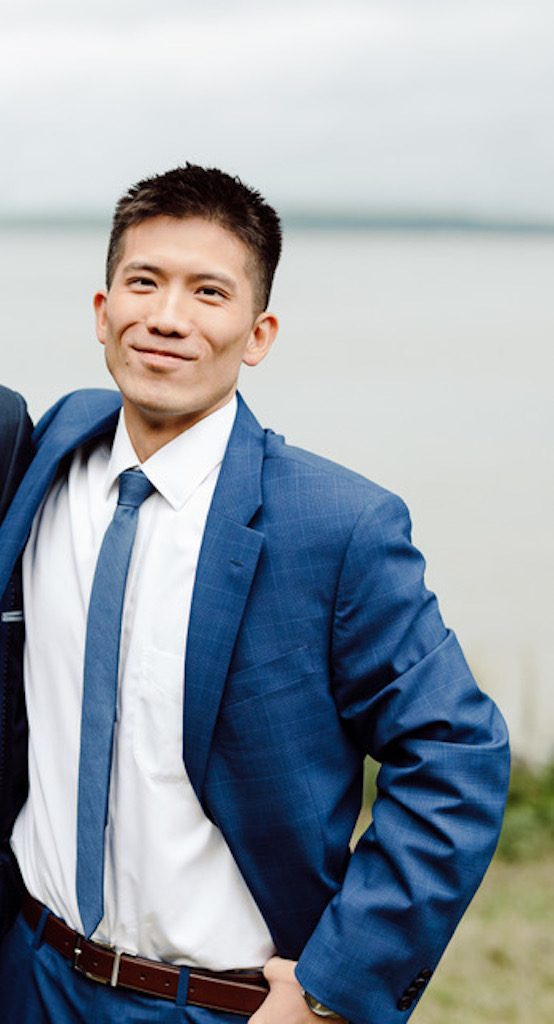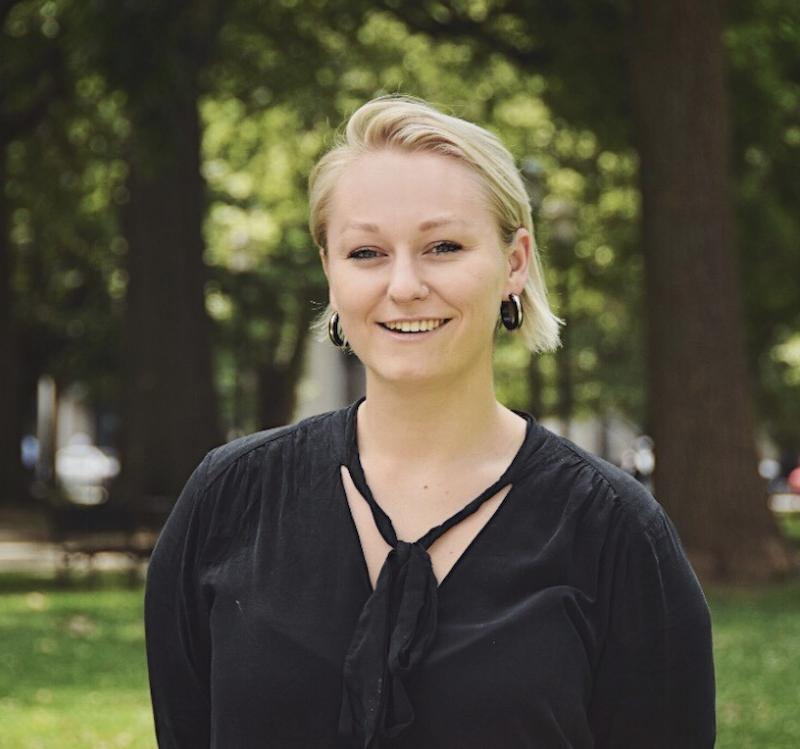TEstDxMiddlebury 2019: Gaining The Edge
This year’s TEDxMiddlebury event took place on Saturday, November 2 from 10am to 1pm in the MCA Robison Hall.
The theme of our event this year was “Gaining the Edge.” To us, “Gaining the Edge” is about the continual drive and desire to transcend, to preserve and expand, to beautify and to expose the bars of reality between which we live. It is about holding onto the edge of survival, discovering what maintains one’s motivation when all seems lost, and poking fun at what is supposedly real. It is grabbing the edge of an idea and flipping it on its head. It is drag. It is genderfuck. It is poetry. It is neural impulses. It is passing a heritage language to one’s children. It is obliterating structural disadvantages. It is singing to Lady Gaga’s “The Edge of Glory” at the top of your lungs while the sun cascades through the window. It is transformational justice. It is BDSM. It is making room for yourself to breathe. It is sculpture. It is experimental physics. It is rebellion. It requires a radical reimagining of accepted truths. Most of all, it paves the way for innovation and reflection as we create a personal and collective past, present, and future.
SPEAKER LINEUP
Hawa Adam ’22

My name is Hawa Adam. I was born in Mombasa, Kenya and grew up in Burlington, Vermont. I’m a sophomore at Middlebury College. I chose Middlebury College for the liberal arts component. I was excited about the opportunity to try many different disciplines. I’m currently an international and global studies major with a focus in African studies and a global health minor. This could potentially change because I’m interested in so many other subject areas. I like languages, dance, and spoken word. I created my own spoken word group in highschool called Muslim Girls Making Change. This group consisted of me and my three best friends. At the time we were all nervous high school sophomores, unwilling to share our pieces with each other. Eventually we gained the confidence to speak our truth at a nationally, then internationally platform.I’ve continued my love for spoken word in college. My freshman year I helped to revitalize Verbal Onslaught. Verbal Onslaught is a monthly open mic space that allows students to express their thoughts freely. With this organization I’m hoping to help bring an authentic social justice voice to the arts community. I’m also involved with UMOJA, the African organization on campus. UMOJA is my home away from home. I grew up in a very Somali household so I enjoy being around people with similar backgrounds. Finally, I’m a member of Evolution, one of the dane crews at Middlebury. I became involved with Evolution my freshman year as a way to expand my horizons and challenge myself to try new things. I love the community I’ve gained through dance and want to continue improving my technique. As you can tell I’m a very active and social individual. It’s through these communities that I’ve been able to gain necessary friendships, vulnerability, and lifelong skills.
Mona Haydar

Mona Haydar is a young Syrian-American Muslim who spent her 20’s as a performance poet. In 2015 she gained national and international press for her and her husband’s “Ask A Muslim” project- a booth that invited dialogue and questions in the wake of the Paris and San Bernardino terrorist attacks. The Boston Globe, NPR, People Magazine, The New York Times and others all covered the project and the collaborations that followed. In 2017 she broke into the hip hop music scene with Hijabi (Wrap My Hijab) whose video- featuring Haydar seven months pregnant with her second son- went viral. Billboard Magazine named Haydar’s track one of the top feminist anthems of all time (alongside hits by icons Beyonce, Christina Aguilera and M.I.A.). Her first EP, Barbarican, dropped in 2018 and took aim at global patriarchy, orientalism, immigration policy, white supremacy, and suicide. That same year, she earned her Masters Degree in Theology, focusing on Christian Ethics, from Union Theological Seminary in New York City. American, her most recent track, helps re-define the debate about who is an American, and calls out ICE and our current president. For the last four years, Mona has been performing her poetry and music, leading writing and activism workshops, and speaking at universities and colleges about art, Islam, feminism, hip hop, theology, and inter-faith dialogue. She has performed internationally, spoken at churches, synagogues and conferences, and been invited to speak at such institutions as Smith College, MIT, Princeton, UC Berkeley and the Parliament of World Religions.
Carolyn Finney
Carolyn Finney, PhD is a storyteller, author and a cultural geographer. The aim of her work is to develop greater cultural competency within environmental organizations and institutions, challenge media outlets on their representation of difference, and increase awareness of how privilege shapes who gets to speak to environmental issues and determine policy and action. Carolyn is grounded in both artistic and intellectual ways of knowing – she pursed an acting career for eleven years, but five years of backpacking trips through Africa and Asia, and living in Nepal changed the course of her life. Motivated by these experiences, Carolyn returned to school after a 15-year absence to complete a B.A., M.A. (both of these degrees focused on gender and environmental issues in Kenya and Nepal, respectively) and Ph.D. (which focused on African Americans and environmental issues in the U.S.) Her first book, Black Faces, White Spaces: Reimagining the Relationship of African Americans to the Great Outdoors was released in 2014 (UNC Press).
Quinn Christopherson, winner of the 2019 NPR Tiny Desk Contest with his entry “Erase Me,” a song exploring his experience coming out as a transgender man
Theodore Ho

Dr. Theodore Ho is a Howard Hughes Medical Institute Fellow of The Jane Coffin Childs Fund at Stanford University, working in the lab of Dr. Karl Deisseroth. Dr. Ho is a neuroscientist and stem cell biologist studying the mechanisms and causes of biological aging and potential strategies to slow or reverse them, in order to prevent the onset of age-associated diseases to help us live healthier and longer lives. He completed a four-year joint bachelor’s/master’s degree program in Human Developmental and Regenerative Biology/Bioengineering at Harvard University, and he received his PhD in Biophysics from the University of California San Francisco, studying stem cell aging in the lab of Dr. Emmanuelle Passegue. Dr. Ho has published his research in leading journals, presented at many national and international conferences, has received many prestigious fellowships, awards, and honors for his work, and was recently selected to the 2019 Forbes 30 Under 30 list.
In college, Dr. Ho developed a novel pH-sensitive nanoparticle drug delivery system. In graduate school he discovered previously unknown mechanisms of cellular and molecular aging of stem cells. He found that autophagy, a cellular proteostasis and stress response mechanism, maintains the metabolism and regenerative functions of stem cells through metabolic and epigenetic regulation. He discovered that autophagy becomes increasingly important during aging, as it is activated in a novel, rare subset of old stem cells to maintain healthy, youthful biology and regenerative function, while the majority of stem cells with low autophagy become damaged and dysfunctional. Dr. Ho also studied the effects of rejuvenation interventions on stem cell aging and utilized aging-mutant mouse models to uncouple physiological stem cell health from organismal health. Now as a postdoctoral fellow in the Deisseroth lab at Stanford, Dr. Ho is using optical recording and perturbation of neuronal activity to study neural circuit dynamics that control behavior.
Jamie Withorne

Jamie Withorne is a Research Assistant for the James Martin Center for Nonproliferation Studies, an affiliate of the Middlebury Institute of International Studies at the Washington DC Office. With this position, Jamie conducts extensive research on emerging functions and applications of new technologies and communicates her findings to policy-oriented audiences. Specifically, she conducts extensive research on Quantum Sensing Technologies, and has presented her work at the Center for Security and International Studies’ Project on Nuclear Issues conference series. She also conducts data analysis to better understand North Korean sanctions evasion tactics and trends. She focuses specifically on satellite imagery analysis, AIS transmissions, and trade data to identify potential sanction violations. Additionally, Jamie works on projects detailing emerging bio-technology devices, and potential dual-use implications. Her specific research interests include missile technology and transatlantic affairs, with an emphasis on Nordic countries.
Outside of work, Jamie is an advisor for Girl Security, wherein she works towards making national security issues more accessible to young women by providing training, education, and support. Jamie is a fellow with the NSquare innovators network, a hands-on alliance between staff, funders, and advisors working together to bring new ideas, new people, and new perspectives to nuclear arms control. By fostering “high-impact collisions” between experts from diverse backgrounds, we help nuclear specialists gain new perspectives on the possibilities of their work as innovators and influencers from other fields identify smart ways to apply their own expertise to solving some of our toughest nuclear challenges. Jamie is also a contributing author for Inkstick Media, a publication dedicated to “de-jargoning” national security issues. Independently, Jamie has developed and manages learnwmd.com, a website dedicated to creating a learning commons for WMD education.
Jamie has previous experience at: The US Department of State, The Center for Arms Control and Nonproliferation, The American Enterprise Institute, and Columbia University’s School of International and Public Affairs. Jamie graduated from Columbia College at Columbia University in the City of New York with a BA in Political Science, focusing specifically on international relations and security.